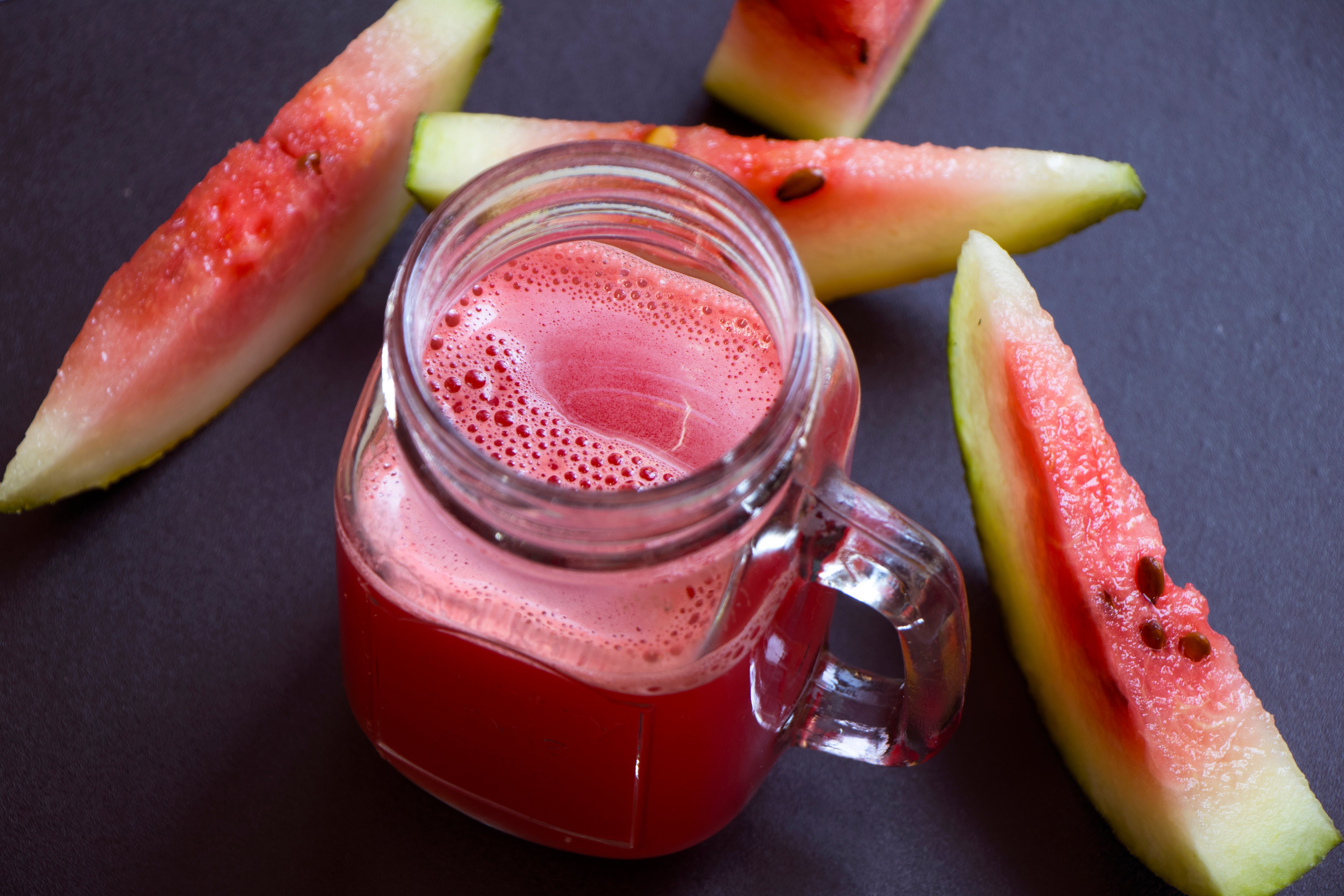The Independent's journalism is supported by our readers. When you purchase through links on our site, we may earn commission.
Why nutritionists are urging people not to try the watermelon cleanse from Cheer
The watermelon cleanse from season two of ‘Cheer’ isn’t as healthy as it sounds

Your support helps us to tell the story
From reproductive rights to climate change to Big Tech, The Independent is on the ground when the story is developing. Whether it's investigating the financials of Elon Musk's pro-Trump PAC or producing our latest documentary, 'The A Word', which shines a light on the American women fighting for reproductive rights, we know how important it is to parse out the facts from the messaging.
At such a critical moment in US history, we need reporters on the ground. Your donation allows us to keep sending journalists to speak to both sides of the story.
The Independent is trusted by Americans across the entire political spectrum. And unlike many other quality news outlets, we choose not to lock Americans out of our reporting and analysis with paywalls. We believe quality journalism should be available to everyone, paid for by those who can afford it.
Your support makes all the difference.In January, Netflix dropped season two of the hit docuseries Cheer. For those who missed season one, the show follows Navarro Community College’s cheerleading squad as they compete to win a coveted national title.
When season two picks up, we find the Navarro team cutting their season short due to the pandemic. Cameras return for the 2020-2021 school year and the Navarro cheer team is back to practicing for nationals.
The cast of Cheer goes through intense training to prepare for the national championship, which, according to the show, means even regulating what they eat. In one episode, all-star Navarro squad member Gabi Butler and her teammates discuss going on a watermelon diet to get cheer-ready.
Speaking to Extra, Butler described the cleanse in more detail, explaining: "It’s basically a watermelon fast, so you’re not actually fasting, but you’re getting something in your stomach. It’s actually very good for you, and removing all that toxic stuff, and what watermelon does is it basically clears everything because it is mostly water.”
The claim prompted us to question whether eating only watermelon for days can really be that good for you. Nutritionists say no.
Katie Hottel is a registered dietician from Maryland and runs her own virtual private practice, where she counsels others using a holistic approach to health. She’s also a big fan of the show Cheer, so when she heard Butler and her teammates talking about the watermelon diet, she rolled her eyes.
“It was a very irritating thing to see, especially knowing that so many people and likely so many young people are watching this show,” Hottel said. “It’s just another another form of spreading misinformation and quite frankly, disordered eating habits to a very susceptible audience.”
To break it down, the watermelon diet is exactly as it sounds: cutting out all other foods and slowly eating watermelon for an extended period of time. There’s a million different types of cleanses out there, but why watermelon? The logic behind the cleanse is that watermelon helps to rid the body of toxins, which is partly true, as the fruit is packed full of nutrients and the natural antioxidant lycopene, which gives the fruit its red colour.
Lycopene may also help protect from chronic diseases such as heart disease, according to Samar Kullab, RDN, a registered dietitian and nutritionist known on TikTok as the Chicago dietitian. And, because watermelon is 92 per cent water, it helps to support the detoxification process. However, the fruit is far from the only food that one needs to consume to support and maintain a healthy lifestyle.
“It may sound correct on paper, but that’s not really how food works,” Hottel says. “When we’re just solely focusing on that, we’re missing out on so many other essential nutrients, vitamins and minerals, including any kind of protein and fat that are equally as important in supporting our body’s natural detoxification process.”
The watermelon diet isn’t the only unsafe cleanses out there either, despite cleanses becoming one of the most popular ways of detoxing. In fact, the global market for detox products is projected to reach $75bn by 2026, according to a report from Research and Markets.
The juicing generation claims that detoxes can help you lose weight, cut cravings, and eliminate toxins, but that isn’t all these cleanses do - as they also create a constant cycle that leads to an unhealthy relationship with food and possibly more weight gain in the long run, according to experts.
“What happens after these short term fad diets is that people typically go back to their old eating habits and gain the weight back, then look for the next diet,” says Kullab.
Drastic measures don’t always need to be taken to be healthy and support our bodies, as our bodies are already doing the work for us.
The digestive system is a natural detoxifying process, and while foods like watermelon may promote gut health, you’re better off incorporating more healthy foods into your diet - such as fibre-rich foods, leafy greens, cruciferous vegetables, and plenty of water - which do more for your body than any trendy cleanse.



Join our commenting forum
Join thought-provoking conversations, follow other Independent readers and see their replies
Comments